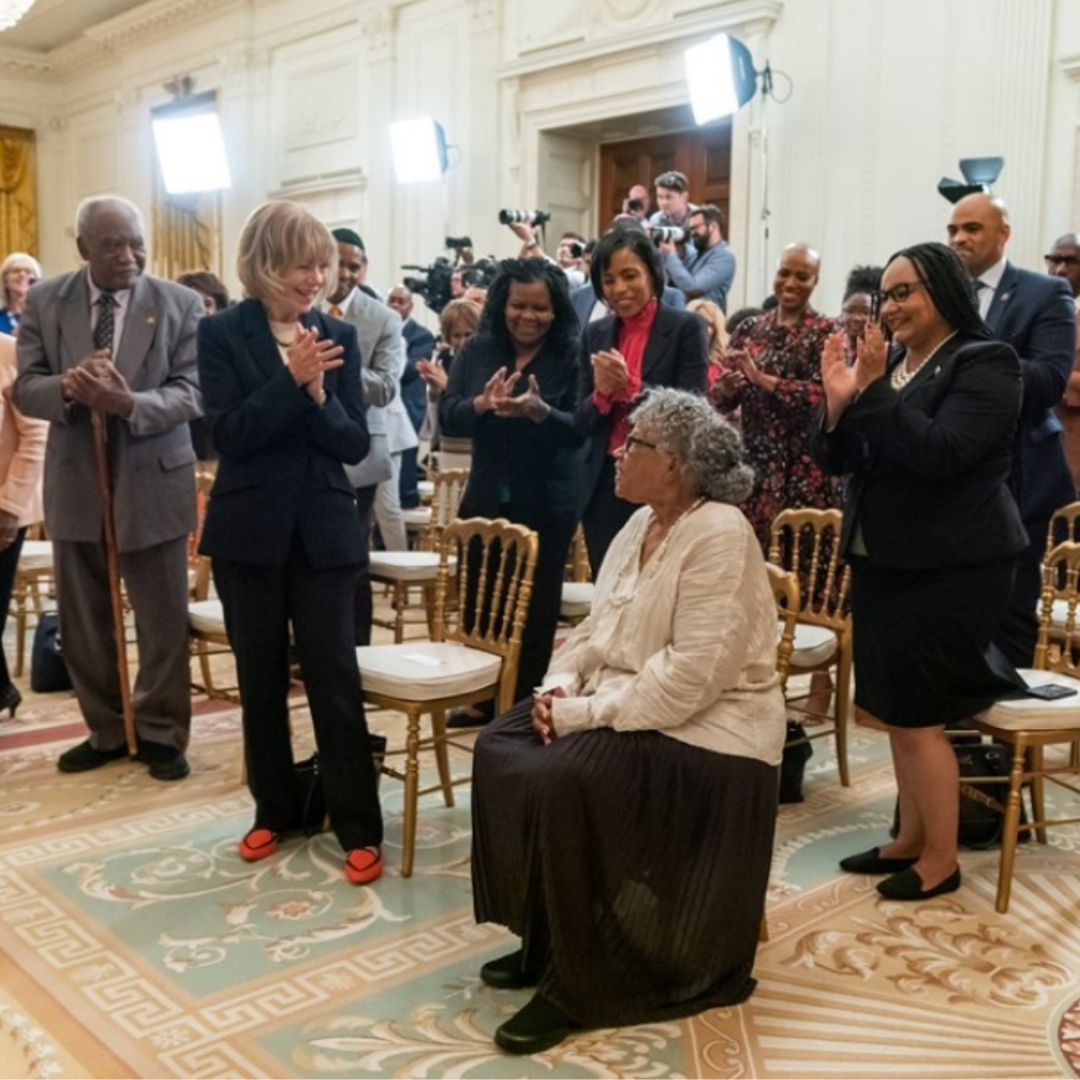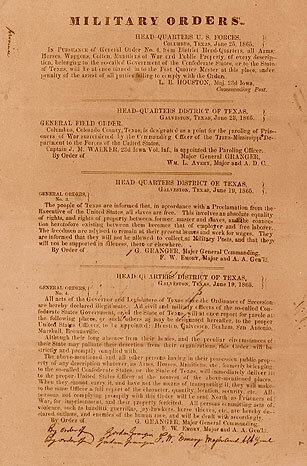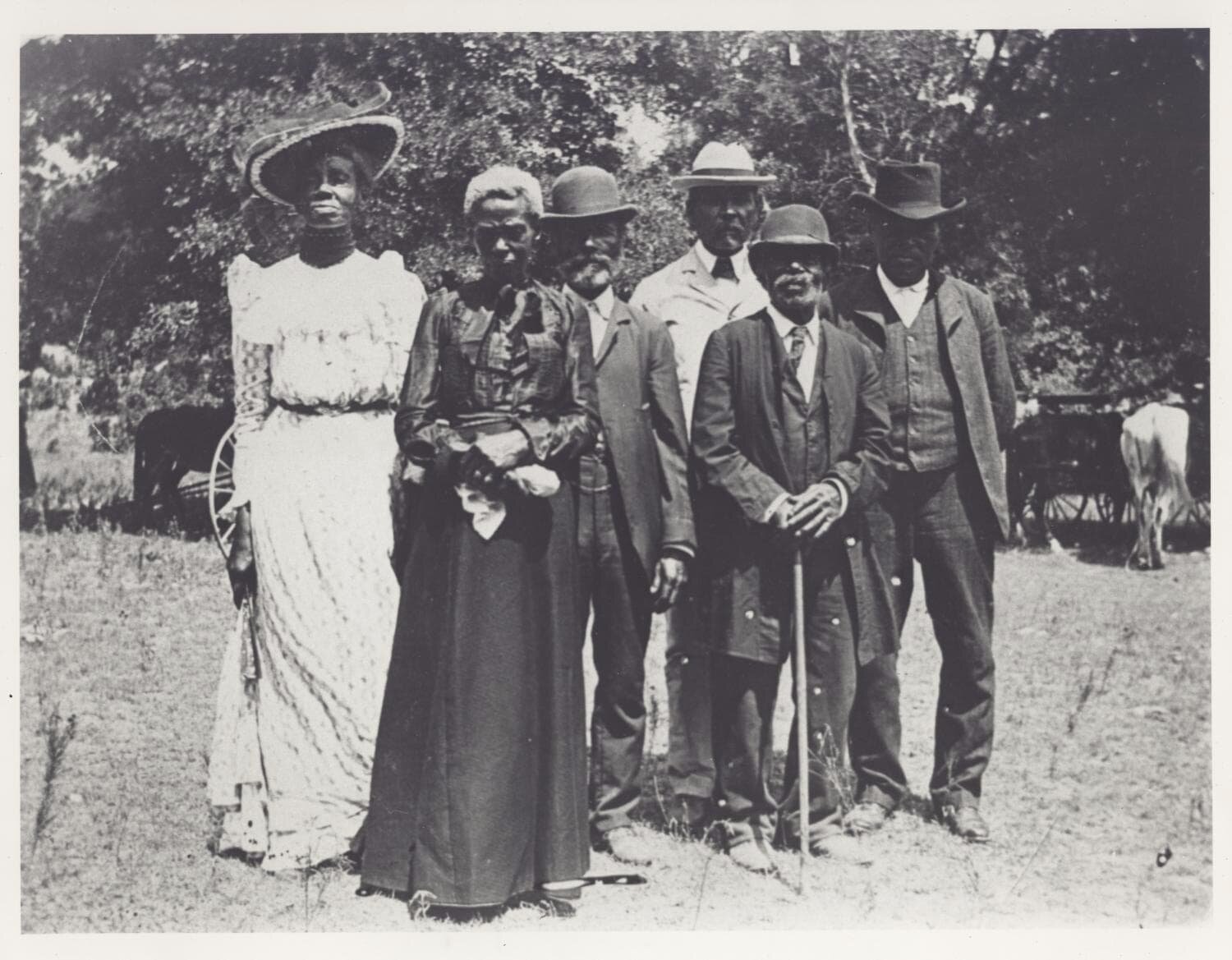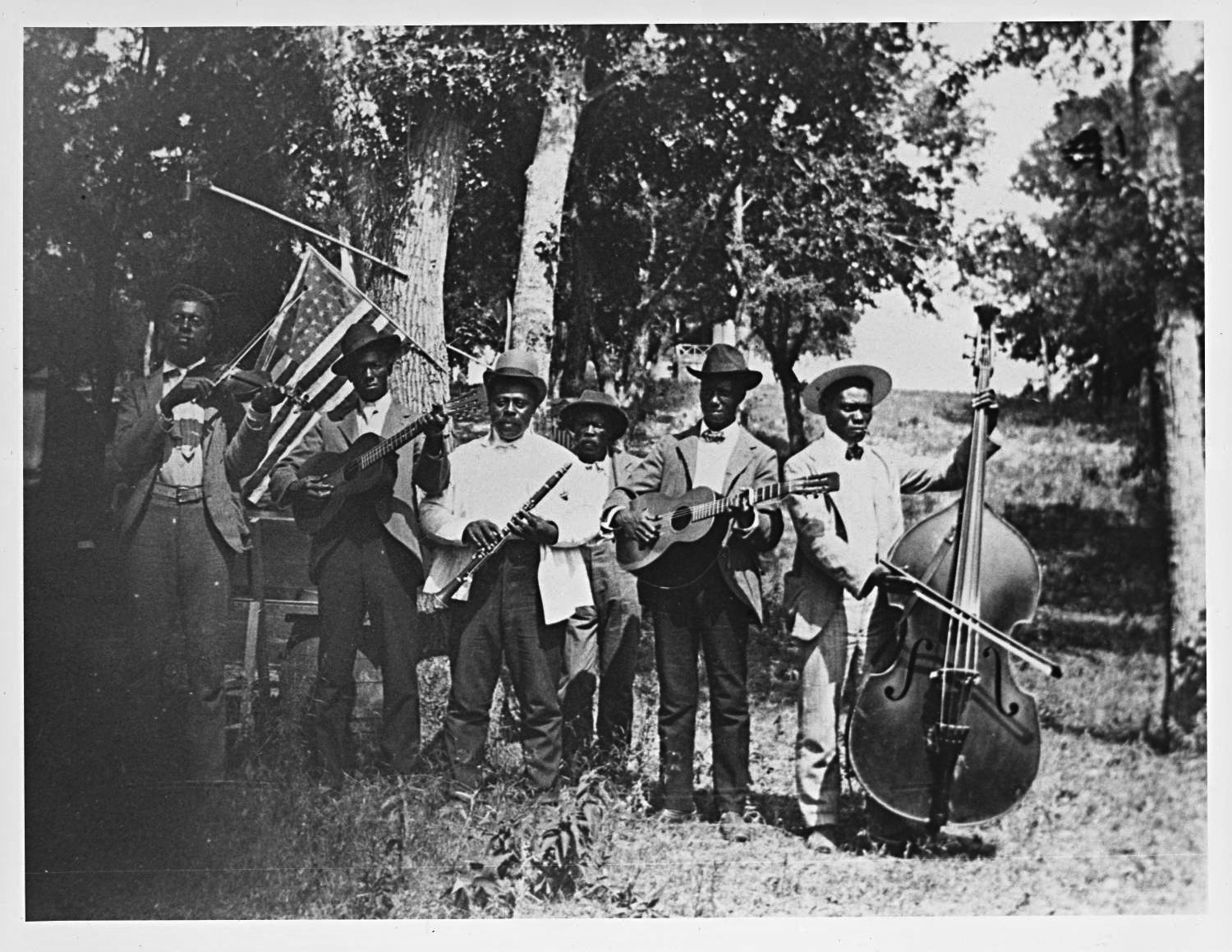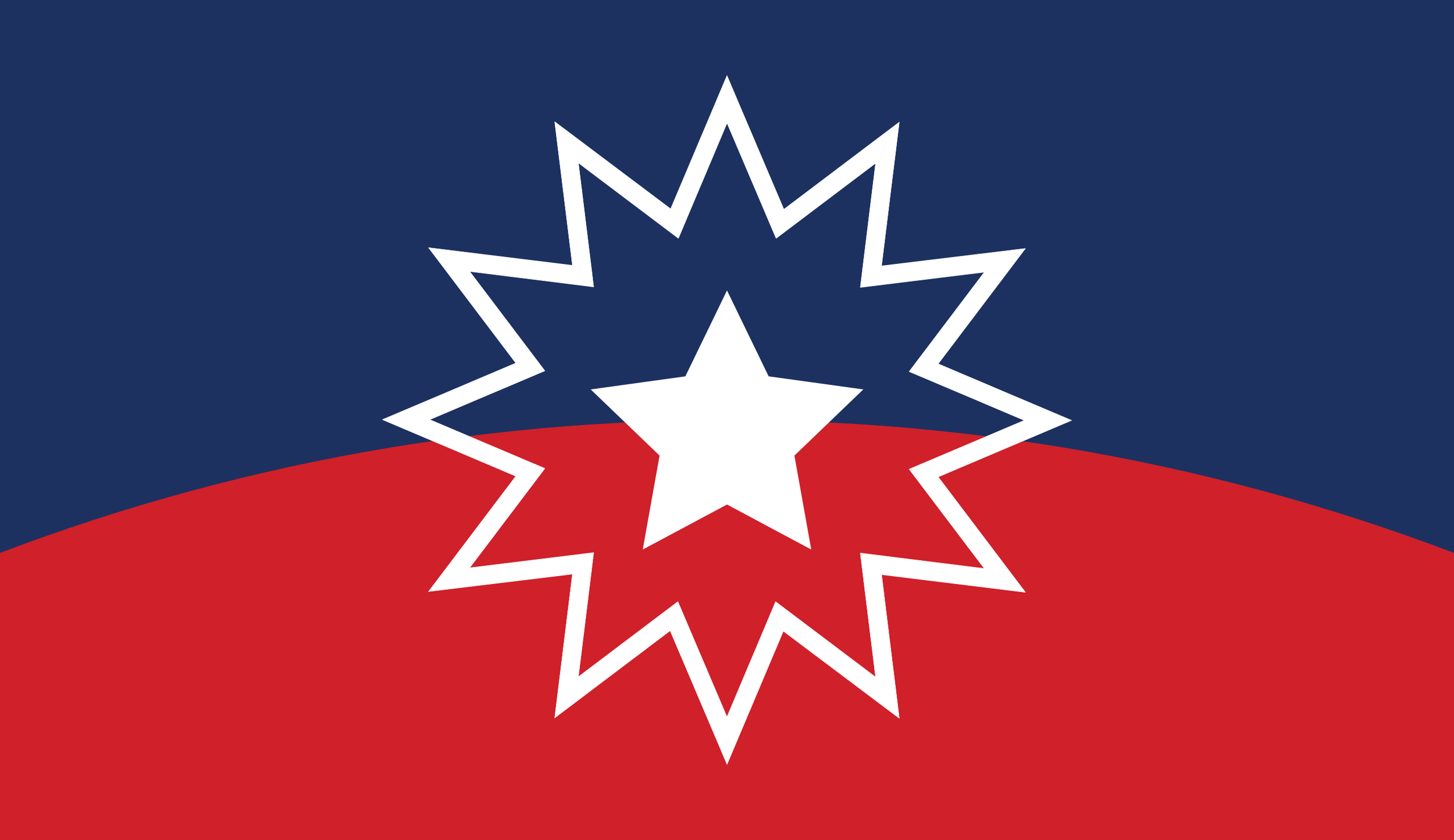Ms. Opal Lee's Juneteenth Campaign
Photo Credit: White House
You cannot talk about Juneteenth without celebrating Ms. Opal Lee. She was our second #ThatGirlFriday feature and we called her the "Joyful Warrior," in honor of Kamala Harris's historic presidential campaign's motto. What is Juneteenth and why are so few Americans aware of this critical point in U.S. history?
Juneteenth is Freedom Day.
Juneteenth, derived from June 19th, 1865, is the day enslaved people in Texas were finally freed from bondage. Yes, you read that correctly. It took almost three years for Texans to honor the Emancipation Proclamation and free people they had been holding as slaves. Major General Gordon Granger issued an order, which read in part, “The people of Texas are informed that, in accordance with a proclamation from the Executive of the United States, all slaves are free." For many Black Americans, Juneteenth is a day that has always been celebrated or recognized as the day of jubilee, freedom, and independence.
A national gem: Ms. Opal Lee.
According to the New York Times, like many Black families in Texas, Opal Lee grew up celebrating Juneteenth. As a child, her family had moved to a largely white neighborhood in Fort Worth. When she was 12, a mob of 500 white supremacists set their home on fire, completely destroying it. No one was held accountable. That horrifying experience led her to pursue teaching and activism.
"Grandmother of Juneteenth."
In 2016, at 89 years young, Ms. Lee created a campaign to encourage Congress to make Juneteenth a federal holiday. During her annual "Walk 2 DC" event, she would walk 2.5 miles daily to symbolize the time it took for enslaved people in Texas to be freed. Her campaign gained international attention and this year, finally, the U.S. government made Juneteenth a federal holiday. And, Ms. Lee had a front row seat for the signing of the law. As she told The Lily last year, this is just one unifying step. In her words, "We’ve had some gains, but not enough to be shouting about. We’ve still got a long way to go."
Learn U.S. history. A lot of us, myself included, never learned unabridged U.S. history in our kindergarten through high school education. Take students in Texas, for example. For almost a decade, the state has been trying to block schools from teaching students about slavery. This might be why we are still - more than one hundred and fifty years later - debating the cause of the Civil War. We should all know the good, the bad, and the complicated facts in our history. Here are two books I recommend reading this summer:
1) Bury My Heart at Wounded Knee: In breathtaking prose, Dee Brown provides Native Americans' perspectives on treaties, massacres, and the systematic destruction of their people, cultures, and lands in the latter half of the 19th century. Understanding this history is crucial for the present. Right now, Apaches in Arizona are fighting to protect Oak Flat from copper mining. The Friday Brief covered this issue in January and as of yesterday, it is still unresolved.
2) Caste: Award-winning author Isabel Wilkerson explores how the U.S. has been shaped by a rigid caste system throughout our history. Comparing caste systems of America, India, and Nazi Germany, she explores eight themes that underlie caste and color systems across civilizations. She also documents the shocking health costs of our caste, in terms of mental health and life expectancy, and the impacts of the hierarchy on culture and politics.

